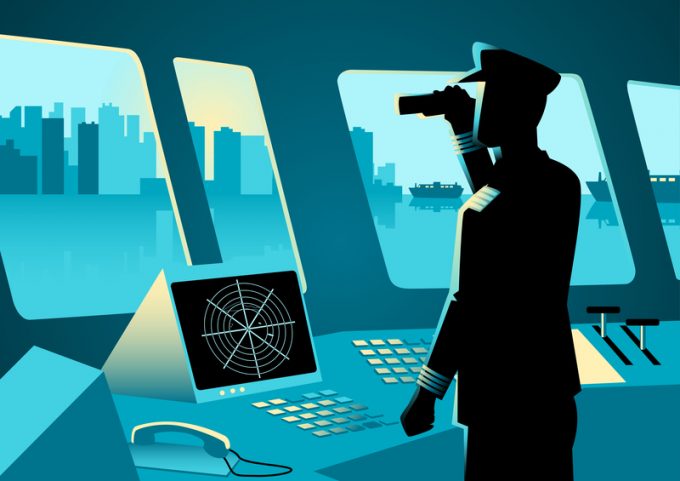AP: Iran’s president, foreign minister and others found dead at helicopter crash site
The Associated Press reports: Iranian President Ebrahim Raisi, the country’s foreign minister and others were found ...
TFII: SOLID AS USUALMAERSK: WEAKENINGF: FALLING OFF A CLIFFAAPL: 'BOTTLENECK IN MAINLAND CHINA'AAPL: CHINA TRENDSDHL: GROWTH CAPEXR: ANOTHER SOLID DELIVERYMFT: HERE COMES THE FALLDSV: LOOK AT SCHENKER PERFORMANCEUPS: A WAVE OF DOWNGRADES DSV: BARGAIN BINKNX: EARNINGS OUTODFL: RISING AND FALLING AND THEN RISING
TFII: SOLID AS USUALMAERSK: WEAKENINGF: FALLING OFF A CLIFFAAPL: 'BOTTLENECK IN MAINLAND CHINA'AAPL: CHINA TRENDSDHL: GROWTH CAPEXR: ANOTHER SOLID DELIVERYMFT: HERE COMES THE FALLDSV: LOOK AT SCHENKER PERFORMANCEUPS: A WAVE OF DOWNGRADES DSV: BARGAIN BINKNX: EARNINGS OUTODFL: RISING AND FALLING AND THEN RISING

A fascinating interview by Nautilus with a tanker captain about transiting the Strait of Hormuz, a “stressful” and “scary” experience. One of the issues that leaps from the page is the risk to crews – and how poorly compensated they are for that. Shipping lines may be introducing war-risk surcharges, but crews are certainly not seeing any extra ‘danger’ money. Nor have they been asked whether they want to continue onboard. But, there again, they are afraid, said the captain, of being ‘blacklisted’ – which is of course forbidden. The tension is exacerbated by the requirement to put razor wire around the deck areas and deploy water cannon for protection against illegal boarding. And there is more paperwork. The un-named captain concludes: “Given a choice, I would not sail onboard a vessel transiting the Arabian Gulf or the Strait of Hormuz at this time.”
Comment on this article